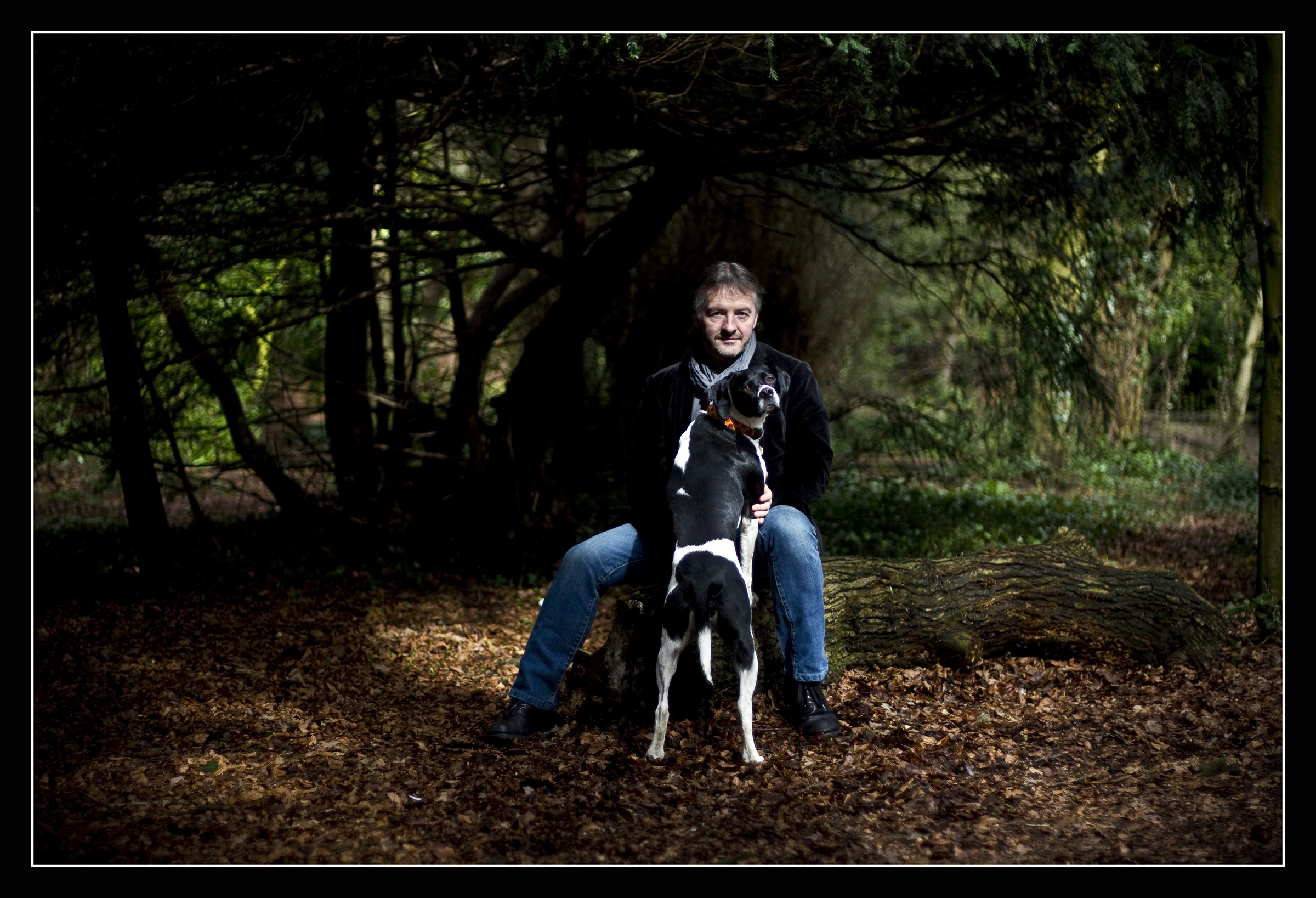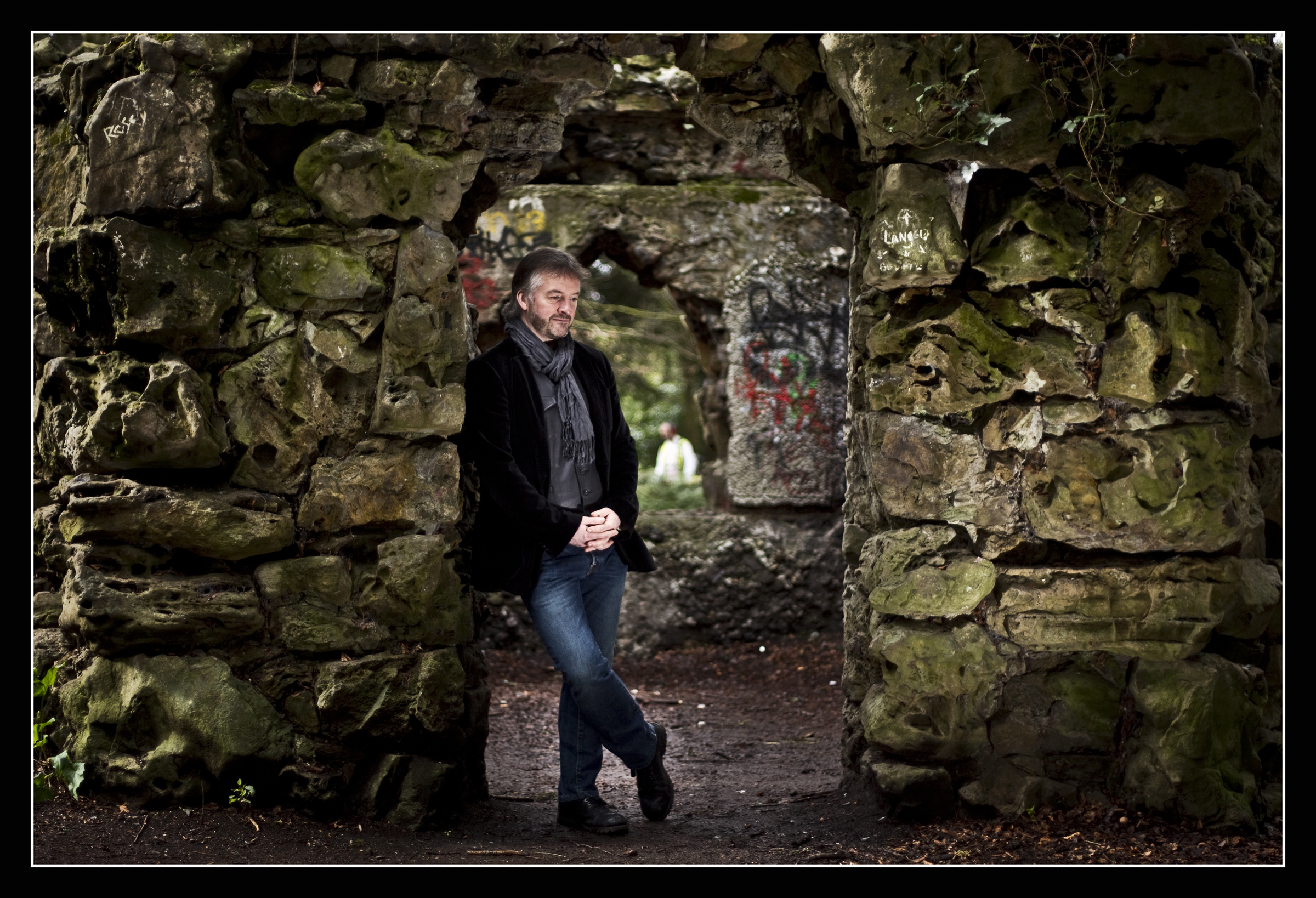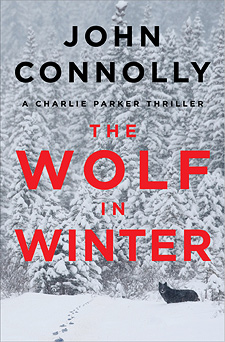Fast facts:
Pursuit: Award-winning crime fiction author of more than twenty novels.
Definition of Success: “Contentment.”
Today’s guest is a novelist for whom the term groundbreaking is, for once, appropriate. His crime/supernatural crossover style blazes a trail through the established genres and sets him apart from his contemporaries. Nominated for no less than fourteen awards since his debut novel in 1999, winner of five including the Shamus Award for Best First P.I. Novel, the Barry Award for Best British Crime Novel and most recently the Edgar Award for Best Short Story, his writing has been described as seductive, menacing, moody and akin to poetry. Creator of one of crime fiction’s most talked about characters, Charlie Parker, here to share the secrets of his success: John Connolly.
Today with more than twenty novels in publication, all of which have been received to rapturous acclaim, John Connolly is an author who’s taken time finding his feet from a genre perspective.
“I started out writing mysteries,” he explains, “although mysteries with a hint of the supernatural to them, which wasn’t really the done thing in the genre at that time. Mystery fiction has an uneasy relationship with other genres, but particularly the fantastic or supernatural. I suppose it goes back to the mystery genre’s roots in rationalism – the belief that the world can and should be understood by a process of logic – but there’s also a certain element of snobbery to it, I think. (Everyone needs someone else on whom to look down…) Since then, because I’m curious about genres, and the lines of demarcation – real or imagined – between them, I’ve written a collection of supernatural stories, Nocturnes and a piece of literary fantasy, The Book of Lost Things, as well as co-writing a series of science fiction novels with my better half, Jennifer Ridyard, and editing an anthology of essays on the mystery genre, Books To Die For.”
Writers, mountain climbers, film stars, fashion designers – it never fails to surprise me that achievers inhabiting these realms rarely start out with a concrete vision of their end-goal. As far as I can tell they seem to drift subconsciously, as though fated, towards the success of their current endeavours. John Connolly was no exception.
“It was simply a natural response to the world, and a consequence of learning to read,” he says of his trigger to start writing. “I don’t think it was a conscious decision, as such: I simply began reading books and thought, hey, I fancy writing stories too. It’s a way of understanding and interpreting experience, and I’m fortunate that I’m paid to do it for a living. But even if I wasn’t being published, I’d still be writing. Initially I became a journalist because it was a way to be paid to write, but I realized that I like making stuff up, and the better media outlets tend to frown on that sort of thing. The first book that I ever read unassisted was a Secret Seven children’s mystery by the British author Enid Blyton. In a way, that set me on my current path, although I always loved supernatural fiction too, which is probably why my own books and stories are such hybrids.”
Now that he’s got the ball rolling, John has a few habits he employs to keep up the momentum. For many aspiring writers there’s this illusion: once published, always published. It couldn’t be further from the truth, and John’s daily routines reflect his efforts to stay on our bookshelves.
“If I’m at home,” John explains, “I’ll go to gym in the morning and write in the afternoon or, on non-gym days, I’ll just head to my desk shortly after getting up. I usually have a target set for the day – a certain number of words to get written, or a chapter or two to revise – and I won’t turn off my computer until I get that done, although most days I’ll exceed the target I’ve set. It’s important to set an attainable goal, and one that doesn’t make you fear your writing desk. There’s no point in trying to force yourself to knock off a sequel to War and Peace over a weekend.”
These are the John Connolly best-practices, self-imposed habits, but when only maximum force will do John initiates a DEFCON 1 strategy.
“Sometimes, especially when I’m trying to get over that mid-first draft hump of doubting everything about the book on which I’m working – the idea, my own abilities, the possibility that anyone might want to read it, let alone publish it – I’ll head over to Maine for ten days and work flat out, not talking to anyone except to order coffee, food, or alcohol. I’ll set myself a goal of 30,000 words over ten days, and I’ll meet that goal, although I’ll nearly break myself in the process. Still, that’s often what it takes to finish a first draft: total immersion and commitment.”
The effort is worth it – but not for the baubles of recognition John has picked up along the way.
“I’ve won a few awards here and there,” John offers, to my mind epitomising the term understatement, “but I tend to store them in a closet, as I’m not sure they’re the kind of things that one should leave lying around in public.”
 Pleasingly, what matters to a writer like John Connolly is – well, being a writer.
Pleasingly, what matters to a writer like John Connolly is – well, being a writer.
“I’m very fond of The Book of Lost Things,” he replies when I ask about his proudest achievements, “and the fact that it seems to have connected with a lot of readers of all ages. You can’t really write with that in mind. You simply write the book that’s calling to you at a particular time, and hope there’s something universal in it. Other than that, I’m happy still to be published after fifteen years, especially given the changes in the industry. I’m fortunate in that I have very supportive publishers who have never tried to steer me in a particular direction, and have found a way to publish whatever I’ve given them; and I’m lucky to have a loyal readership.”
Have you noticed it too? A lot of my guests talk about luck, when in fact their success comes from hard work and dedication. John’s commitment to his trade is, without question, total.
“I think it was Raymond Chandler who, when asked how he divided up his day, said that he spent X number of hours sleeping, Y hours eating, Z hours writing, and the rest of the time thinking about writing. You’re never really not writing. If I’m working on a book, I’ll find that it follows me around: to meals, movies, on walks with the dogs. It’s a kind of madness. The ancillary stuff – social media, touring, doing interviews – needs to be controlled, otherwise you can spend too much time doing that at the cost of concentrating on writing.”
And the sacrifices in John’s day-to-day life?
“Well, it’s a First World problem, but promotional demands mean that I spend longer away from home than I’d really prefer. I’m trying to cut down on it, but it’s hard, and because I’ve been away I’ve missed stuff like school plays with which my kids are involved, and even the funerals of friends. If you’re in Australia, then by the time you manage to get home the services are over. Ultimately, the sacrifice you make is one of time, and that’s true in any walk of life. I’ve read somewhere that life can be divided into four constituent areas – health, family, friends, and work – and you can only manage to keep three going at any one time. In my case, I think I let friendships lie fallow. That’s the one I’m prepared to sacrifice over the other three.”
Even so, John doesn’t envy those who lead a more routine lifestyle.
“No, I tried routine, and I didn’t much care for it. Sure, I sometimes worry about security, and whether I’ll still be published down the line, but that’s out of my hands. I’m fortunate to be doing something that, if I don’t love it all the time, at least brings me fulfillment. Again, there’s an element of sacrifice involved: you give up security for the pleasure of making stuff up.”
When I ask John what advice he has for those of us wishing to pursue our own dreams, it’s clear that perseverance is key.
“I’ve wanted to abandon every novel that I’ve written somewhere between 20,000 and 40,000 words, and start something else instead. But you learn to ignore the siren call of the new idea, and persevere with what you’re doing. Professionals are amateurs who finish things, as I think Ray Bradbury once said, and that’s as true of writing as it is of everything else. You persevere. You finish things. You move on. Fail again, fail better…”
My thanks to John Connolly for the candid insight into his world and for the sage advice. I can wholeheartedly recommend the Charlie Parker novels and if you haven’t read them: start with Every Dead Thing and work your way through the next dozen in the series. You won’t be let down, trust me. For all things John Connolly be sure to stop by at his website www.johnconnollybooks.com.
The latest in the Charlie Parker series, The Wolf in Winter is available now in the UK and released October 28th in the US. For an enticing teaser click below:
You can connect with John on his website or via his social media pages: Twitter @jconnollybooks and Facebook at facebook.com/JohnConnollyBooks
Finally my thanks go to John’s assistant Clair Lamb for her help setting up this interview.


